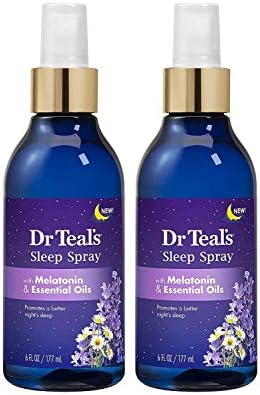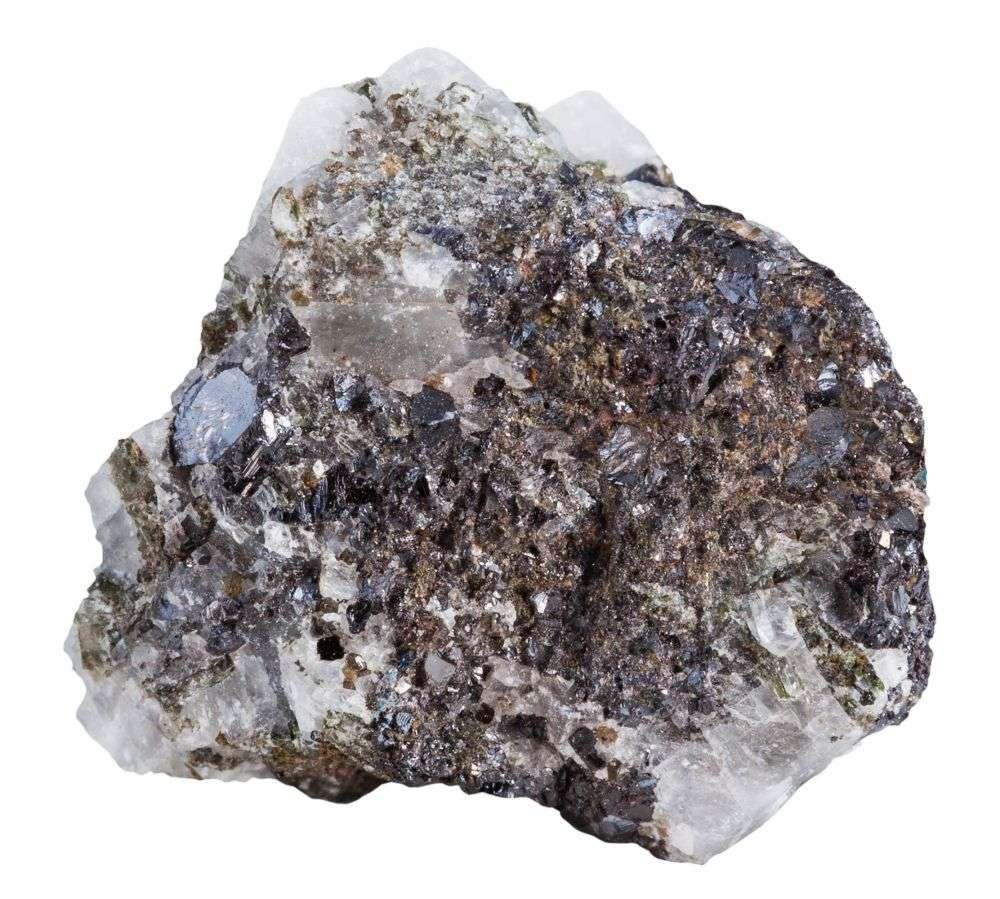When it comes to maintaining a healthy immune system, many of us may focus on well-known vitamins and nutrients, like vitamin C or vitamin D. Though, there’s another essential mineral that frequently enough flies under the radar—zinc. This often-overlooked nutrient plays a crucial role in various bodily functions,especially in supporting immune health. In this article, we’ll explore what zinc is, why it’s important for your immune system, and how you can ensure you’re getting enough of it in your diet. Whether you’re looking to bolster your health during cold and flu season or simply aiming for a more balanced diet, understanding zinc could be a game changer for your well-being. Let’s dive in!
Table of Contents
- The Role of Zinc in Immune function
- Sources of Zinc: foods to Boost Your Intake
- Zinc supplements: When and How to Use Them
- Signs of Zinc Deficiency and How to Address It
- The Way Forward
The Role of Zinc in Immune Function
Zinc is a trace mineral that plays a pivotal role in maintaining a robust immune system. It is indeed essential for the development and function of various immune cells, including T lymphocytes and natural killer cells. When zinc levels are adequate, these cells can effectively respond to pathogens, enhancing the body’s ability to fight off infections. Conversely, a deficiency can lead to a compromised immune response, making the body more susceptible to illness.
Numerous studies highlight the importance of zinc in immune health:
- Antioxidant Properties: Zinc helps combat oxidative stress, reducing cell damage and inflammation.
- protein Synthesis: This mineral is crucial for the synthesis of proteins and enzymes that support immune functions.
- Modulation of Inflammatory Response: Zinc regulates the production of cytokines, which are vital for effective immune signaling.
Concluding that maintaining optimal levels of zinc through diet or supplementation can significantly enhance immune resilience.
Sources of Zinc: Foods to Boost Your Intake
Zinc is an essential mineral that plays a vital role in numerous physiological functions, including immune response. To ensure you meet your recommended daily intake of zinc, incorporating specific foods into your diet can be immensely beneficial. Here are some excellent sources to consider:
- Oysters: Arguably the richest source of zinc, a mere six oysters can provide more than the daily requirement.
- Red Meat: Beef and lamb are great sources, offering considerable zinc content, particularly in cuts like tenderloin and chuck.
- Poultry: Chicken and turkey, especially the dark meat portions, are also effective ways to boost your intake.
- Shellfish: Beyond oysters, other shellfish like crab and lobster contribute meaningful amounts of zinc.
- Nuts and Seeds: Pumpkin seeds, cashews, and almonds are tasty snacks that provide a plant-based option for zinc.
- Dairy Products: Cheese and milk offer not onyl zinc but also other essential nutrients for overall health.
if you’re looking for vegetarian or vegan sources, don’t worry—there are plenty of options available.Consider adding the following to your meals:
- Legumes: Lentils, chickpeas, and beans are not just high in protein but also provide a decent amount of zinc.
- Whole Grains: Foods like quinoa, brown rice, and oats contain zinc, though they may have lower bioavailability than animal sources.
- Tofu: A versatile meat substitute that can easily incorporate zinc into your meals.
- Dark Chocolate: A appetizing treat that offers a surprising amount of zinc per serving.
- Certain Vegetables: Potatoes and spinach also contribute smaller amounts, making them a welcome addition to your diet.
Zinc Supplements: When and How to Use Them
zinc supplements can play a pivotal role in boosting your immune system, particularly during the colder months or when you’re feeling run down.The timing of supplementation is crucial. It’s generally recommended to take zinc supplements at the onset of illness or when you feel your immune defenses might potentially be compromised.Some common scenarios where zinc can be beneficial include:
- Seasonal Changes: When transitioning into colder seasons,consider starting a supplement to bolster your defenses.
- After Viral Infections: If you’ve recently recovered from a cold or flu,reintroducing zinc can help support your recovery and enhance immune function.
- High-stress Periods: Increase your intake during times of stress, as stress can deplete zinc levels and weaken immune responses.
When it comes to how to use zinc supplements effectively, it’s important to choose the right form and dosage.Zinc comes in various forms, including zinc gluconate, zinc citrate, and zinc acetate. Each form has different levels of absorption, with acetate often being considered the most bioavailable. Dosage recommendations typically range from 11 mg to 40 mg per day for adults, depending on dietary intake and individual needs. Always consult with a healthcare provider before starting a new supplement regimen to determine the best approach for your health.
Signs of Zinc Deficiency and How to Address It
Zinc plays a crucial role in numerous bodily functions, and its deficiency can manifest in several noticeable signs.Individuals may experience symptoms such as frequent infections, which often highlight a weakened immune response. Other indicators include delayed wound healing, leading to persistent skin irritations and recovery challenges. Additionally, a loss of appetite and alterations in taste or smell may occur, affecting overall well-being and nutritional intake.
Addressing zinc deficiency can be achieved through dietary changes and supplementation. To boost zinc levels naturally, incorporate foods rich in this essential mineral, such as:
- Oysters – known for having the highest zinc content
- Red meat – a great source of bioavailable zinc
- Poultry – chicken and turkey provide ample amounts
- Nuts and seeds – such as pumpkin seeds and cashews
- Whole grains – like quinoa and oats
Regularly consuming these foods can foster a stronger immune system and improve overall health. If dietary adjustments are insufficient, consider consulting a healthcare professional for suitable zinc supplements.
The Way Forward
Conclusion
zinc plays an indispensable role in maintaining and enhancing immune health. From its involvement in the development and function of immune cells to its antioxidant properties, this vital mineral is essential for a well-functioning immune system. By ensuring you get enough zinc through a balanced diet or, if necessary, supplements, you can help support your body’s defenses against infections and illnesses.
As always, it’s essential to consult with a healthcare professional before making any significant changes to your dietary habits or supplementation.stay informed, prioritize your health, and give your immune system the support it deserves. Thank you for joining us in exploring the engaging world of zinc and its impact on immune health!
Featured Products
-
Sale!
15 Min Pamper Me Kit by Naisture – Korean Spa Kit …
Featured Products Original price was: $17.75.$14.09Current price is: $14.09. -
BEBIRD R1 Wax Removal Tool for Ear – Spade Ear Can…
Featured Products $48.99 -
Wonderful Pistachios No Shells, 3 Flavors Mixed Va…
Featured Products $7.78







